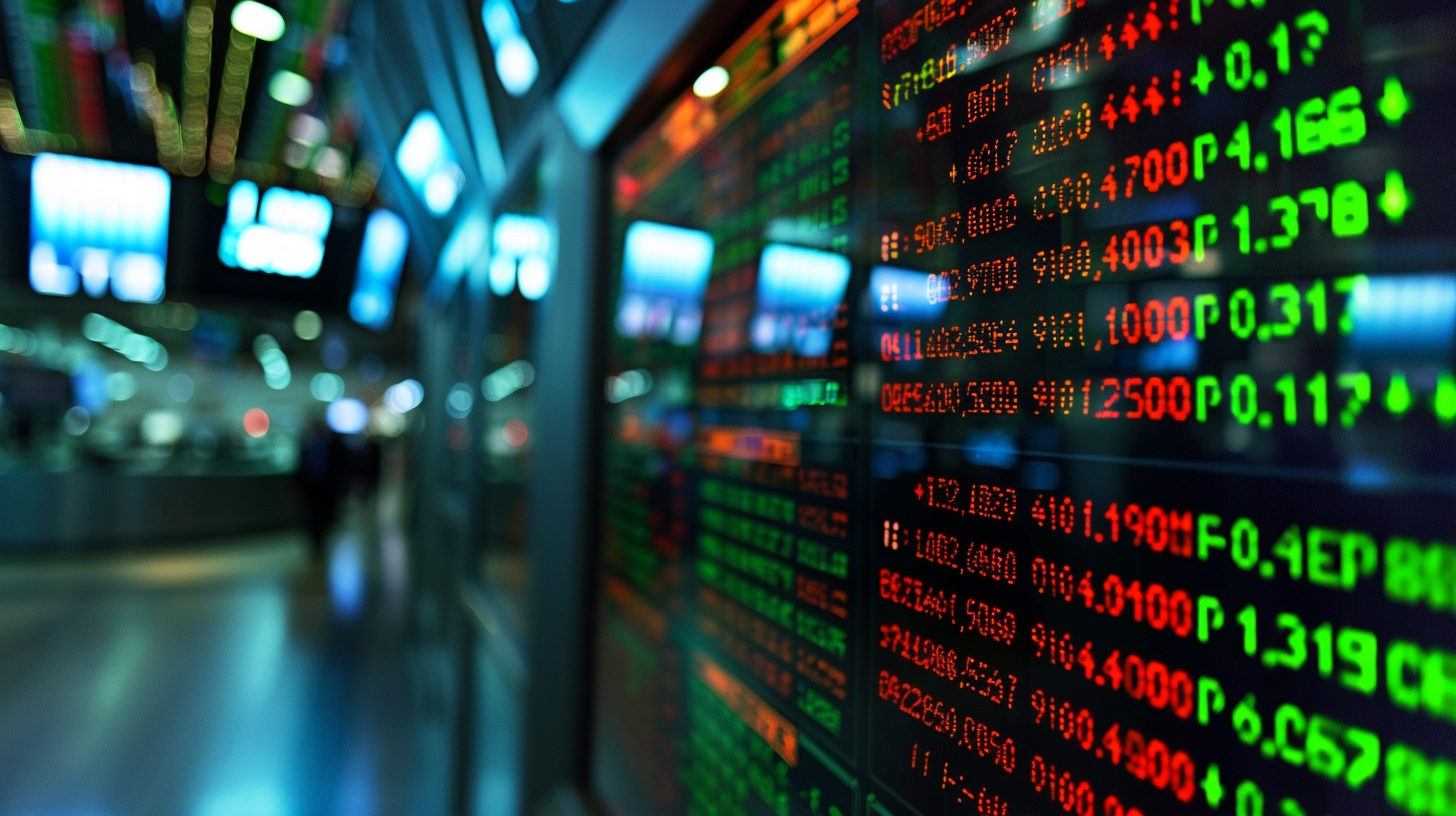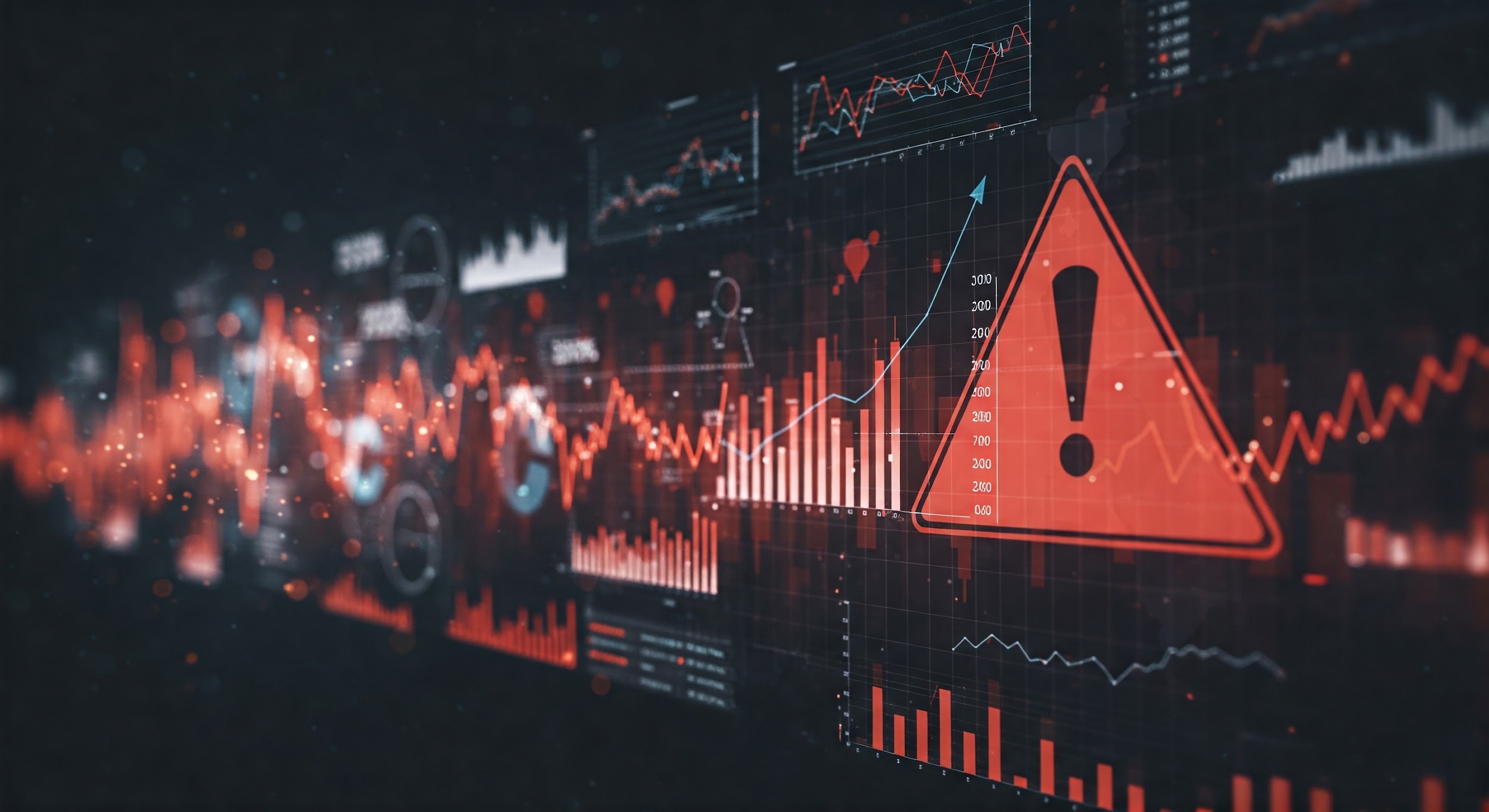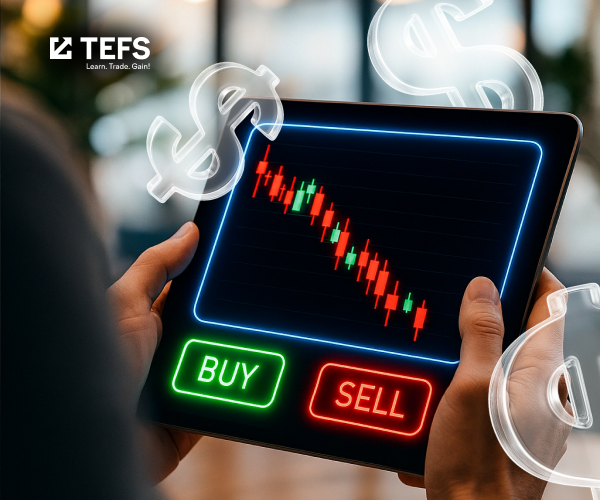What is Forex (FX)?

What Is Forex (FX) or the foreign exchange market?
Forex (FX) refers to the global electronic marketplace for trading international currencies and currency derivatives. Despite having no central physical location, the forex market is the largest and most liquid market in the world by trading volume, with trillions of dollars exchanged daily. Most trading is conducted through banks, brokers, and financial institutions.
The forex market operates 24 hours a day, five days a week, except for holidays. It remains open on many holidays when stock markets are closed, although trading volume may be lower on these days.
The term "forex" is a blend of the words "foreign" and "exchange," and it is often abbreviated as "FX."
Understanding Forex (FX)
Forex traders employ various analysis techniques to identify optimal entry and exit points for their trades. The forex market facilitates the exchange of large amounts of one currency for an equivalent value in another currency at the current market rate.
Many of these trades are driven by the need for financial institutions, companies, or individuals to exchange currencies for business purposes. For instance, an American company might trade U.S. dollars for Japanese yen to pay for merchandise ordered from Japan that is payable in yen.
A significant portion of forex trading is driven by speculation on currency value fluctuations. Traders aim to profit from the price movements of specific currency pairs.
Forex Pairs and Quotes
Currencies in the forex market are traded in pairs, such as USD/CAD, EUR/USD, or USD/JPY. These pairs represent the exchange rate between the U.S. dollar (USD) and the Canadian dollar (CAD), the Euro (EUR) and the USD, and the USD and the Japanese Yen (JPY), respectively.
Each pair has an associated price, for example, 1.2569. For the USD/CAD pair, this means it costs 1.2569 CAD to buy one USD. If the price rises to 1.3336, it now costs 1.3336 CAD to buy one USD. This indicates that the USD has increased in value (and the CAD has decreased), as it now requires more CAD to purchase one USD.
Forex Lots
In the forex market, currencies are traded in specific quantities known as micro, mini, and standard lots. A micro lot consists of 1,000 units of a currency, a mini lot consists of 10,000 units, and a standard lot consists of 100,000 units.
This type of trading involves much larger sums than simply exchanging $500 at a bank for a trip. In the electronic forex market, trades are conducted in blocks of currency and can be executed in any volume within the limits of the trader's account balance. For example, one might trade seven micro lots (7,000 units), three mini lots (30,000 units), or 75 standard lots (7,500,000 units).
How Large Is the Forex Market?
The forex market stands out primarily due to its immense size. Its trading volume is exceptionally high, with over $5 trillion traded daily, in contrast to the $200 billion traded daily in the equities market.
The most significant forex markets are situated in major global financial hubs, including London, New York, Singapore, Tokyo, Frankfurt, Hong Kong, and Sydney.
How to Trade Forex
The forex market operates 24 hours a day, five days a week, across major financial centers worldwide, allowing you to buy or sell currencies at almost any time.
Historically, forex trading was primarily the domain of governments, large corporations, and hedge funds. Today, however, individuals can trade forex through investment firms, banks, and retail brokers that offer currency trading accounts.
When you trade forex, you are buying or selling a currency relative to another currency, but there is no physical exchange of money like at a foreign exchange kiosk.
In electronic markets, traders take positions in specific currencies, hoping for upward movements and strength in the currency they are buying (or weakness in the currency they are selling) to generate a profit.
Currencies are always traded in pairs. When you sell one currency, you are buying another, and when you buy one currency, you are selling another. Profits are made from the difference between the transaction prices.
Spot Transactions
A spot market transaction involves immediate delivery, typically defined as two business days for most currency pairs. The primary exception is the USD/CAD pair, which settles in one business day.
Business days exclude Saturdays, Sundays, and legal holidays in either of the currencies involved in the trade. During the Christmas and Easter seasons, some spot trades can take up to six days to settle. The exchange of funds occurs on the settlement date, not the transaction date.
The U.S. dollar is the most actively traded currency, with the euro being the most traded counter currency, followed by the Japanese yen, British pound, and Chinese renminbi.
Market movements are influenced by speculation, economic strength and growth, and interest rate differentials.
Forex Rollover
Retail traders generally do not intend to take delivery of the currencies they purchase. Their goal is to profit from the price differences between transactions. To accommodate this, most retail brokers automatically "roll over" currency positions at 5 p.m. EST daily.
This rollover process involves the broker resetting the positions and providing either a credit or debit for the interest rate differential between the two currencies in the held pairs. The trade continues without requiring the trader to deliver or settle the transaction.
When the trade is eventually closed, the trader realizes a profit or loss based on the difference between the original transaction price and the closing price. Rollover credits or debits can either increase or reduce this profit or loss.
Because the forex market is closed on Saturday and Sunday, the interest rate credit or debit for these days is applied on Wednesday. Thus, holding a position at 5 p.m. on Wednesday results in a triple credit or debit amount.
Forex Forward Transactions
Any forex transaction that settles on a date beyond the spot date is considered a forward transaction. The forward price is determined by adjusting the spot rate to reflect the interest rate differential between the two currencies involved. This adjustment amount is known as "forward points."
Forward points only represent the interest rate differential between the two markets; they are not a prediction of the future spot market behavior.
A forward contract is customizable, allowing for any amount of money and any settlement date that does not fall on a weekend or holiday. Similar to spot transactions, funds are exchanged on the settlement date.
Forex Futures
A forex or currency futures contract is an agreement between two parties to deliver a specified amount of currency on a predetermined future date, known as the expiry date. These contracts are traded on exchanges with fixed currency values and set expiry dates.
Unlike forward contracts, the terms of futures contracts are standardized and non-negotiable. Profits are made from the difference between the purchase and sale prices of the contracts.
Most speculators do not hold futures contracts until expiration, as doing so would require them to deliver or settle the currency represented by the contract. Instead, they trade the contracts before expiration to realize their profits or losses.
How Forex Differs From Other Markets
There are several significant differences between the forex market and other markets, such as the U.S. stock market.
Fewer Rules
Forex investors are not subject to the same strict standards or regulations as those in the stock, futures, or options markets. There are no clearinghouses or central bodies overseeing the entire forex market. Short-selling is always an option because in forex, selling one currency means buying another, so you're never actually shorting a currency.
Fees and Commissions
Due to the lack of regulation, fees and commissions vary widely among brokers. Most forex brokers earn money by marking up the spread on currency pairs. Some also charge a commission, which varies based on the amount of currency traded. A few brokers use a combination of both methods.
Full Access
The forex market is open 24 hours a day, allowing trading at any time, except on weekends or holidays when no global financial center is open.
Leverage
The forex market offers leverage up to 1:50 in the U.S., and even higher in some other parts of the world. This means a trader can open an account with $1,000 and control up to $50,000 in currency. While leverage can amplify profits, it also increases potential losses.
Example of Forex Transactions
Let's assume a trader anticipates that the EUR will strengthen against the USD, or conversely, that the USD will weaken relative to the EUR.
The trader buys the EUR/USD pair at 1.2500, purchasing $5,000 worth of currency. Later that day, the price rises to 1.2550. The trader's profit is $25 (5000 * 0.0050). Conversely, if the price falls to 1.2430, the trader would incur a loss of $35 (5000 * 0.0070).
About the Rollover
Currency prices fluctuate constantly, so a trader might choose to hold a position overnight. The broker will then roll over the position, resulting in a credit or debit based on the interest rate differential between the Eurozone and the U.S.
For instance, if the Eurozone has an interest rate of 4% and the U.S. has an interest rate of 3%, the trader holds the higher interest rate currency. Therefore, at rollover, the trader should receive a small credit. Conversely, if the EUR interest rate was lower than the USD rate, the trader would incur a debit at rollover.
Rollover considerations can influence trading decisions, especially for long-term trades. Significant interest rate differences can lead to substantial daily credits or debits, which can significantly impact profits or losses.
Most brokers offer leverage, with many U.S. brokers providing up to 1:50 leverage. If our trader uses 1:10 leverage for this transaction, they would not need $5,000 in their account to trade $5,000 worth of currency. Only $500 would be required.
In this example, a profit of $25 can be achieved quickly, considering the trader only needs $500 or $250 of trading capital (or even less with higher leverage). This demonstrates the power of leverage, but it also means that losses can occur just as quickly.
Is Forex Trading for Beginners?
Forex trading can be risky and complex, requiring quick decisions due to rapidly changing exchange rates. It may not be well-suited for beginner traders. However, beginners can learn forex trading through practice with test accounts or by starting with low levels of capital.
How Much Do You Need to Start Trading Forex?
You can start trading forex with approximately $100. This amount is sufficient to begin buying and selling currencies and is manageable for beginners, minimizing potential losses.
What Are the Risks of Forex Trading?
Forex trading involves several risks. Exchange rates are highly volatile, leading to rapid impacts on trades. The significant leverage used in forex can result in large losses from small market movements. Additional risks include transaction risk, interest rate risk, and global or country-specific risks.
The Bottom Line
Forex, or foreign exchange, refers to the global market for trading currencies and currency derivatives. It is the world's largest financial market, involving the buying and selling of currency pairs to capitalize on changing exchange rates.


 Русский
Русский  Español
Español  Deutsch
Deutsch  Indonesian
Indonesian  Português
Português  Français
Français  Nederlands
Nederlands  Italiano
Italiano  中文
中文  عربي
عربي  Türkçe
Türkçe 

